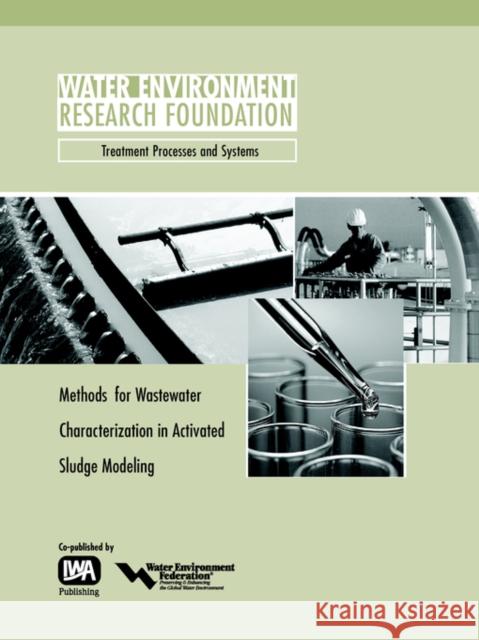Methods for Wastewater Characterization in Activated Sludge Modelling » książka
Methods for Wastewater Characterization in Activated Sludge Modelling
ISBN-13: 9781843396628 / Angielski / Miękka / 2004 / 596 str.
Mathematical modeling is a useful tool for the design, analysis and control of wastewater treatment systems. The activated sludge process is one of the most common processes used in wastewater treatment, and therefore is a particularly important candidate for the application of mathematical models. In the 1980s, a task group organized by the International Association on Water Quality (IAWQ) developed a conceptual model of the activated sludge process, which has become an industry-wide standard for the development of computer-based activated sludge models. A recent version of the IAWQ model incorporates 19 components, 17 processes, and numerous rate and stoichiometric coefficients. It is difficult and costly to quantify all of the necessary coefficients for any given application of the model; consequently, it is important to identify the most critical wastewater and biomass components and the relevant coefficients to be quantified for the most common uses of the model. It is also important to provide guidance to potential model users on the use of default and/or estimated values for the remaining parameters.











